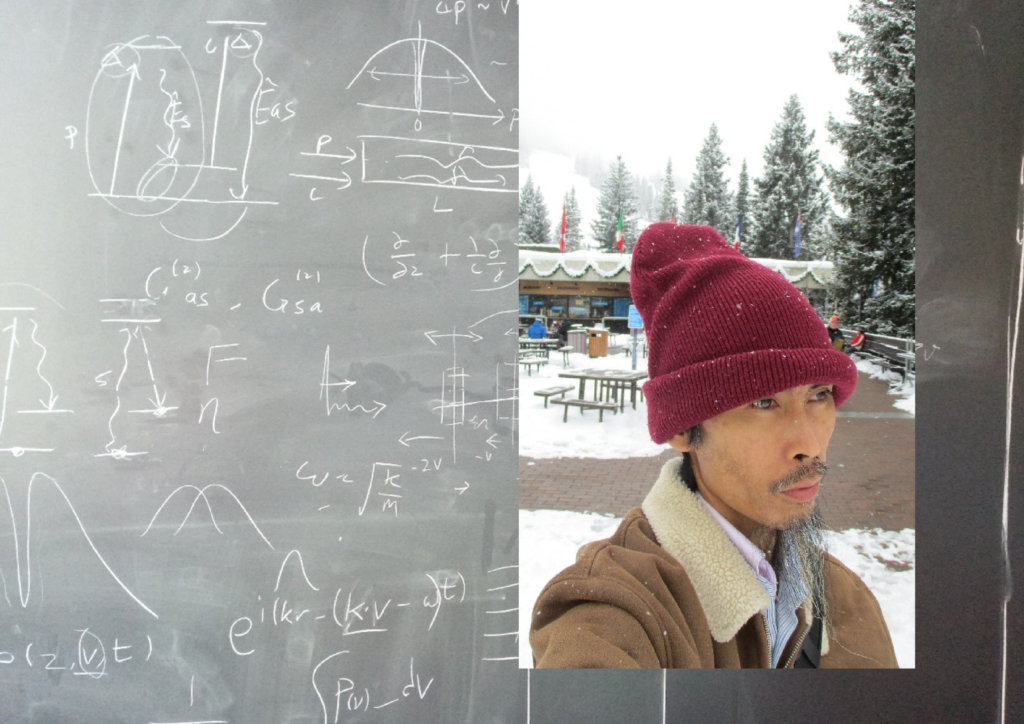Scientists have their hands full with so many things at once – juggling their decorated careers with a just as colourful life. Let’s peek into the life of Professor Dr Raymond Ooi, Dr.rer.nat.* FASc, ASM Fellow and a Professor of Physics at Universiti Malaya.
Note: Dr.rer.nat is short for Doctor rerum naturalium (Latin for “doctor of natural sciences”), which is a doctoral academic degree awarded by universities in some European countries (e.g., Germany, Austria, and the Czech Republic) to graduates in mathematics, physics, chemistry, biology, geology, computer science, pharmacy, other natural sciences, and similar areas.
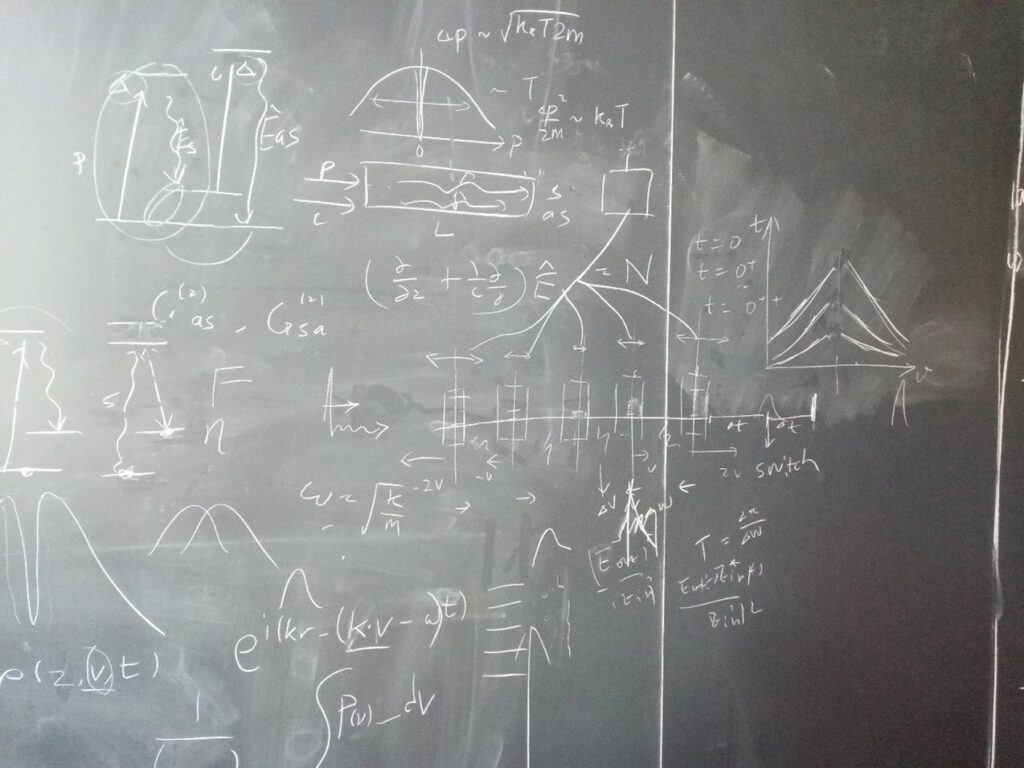
What inspired your career in STEM? (this could be an event or significant moment or someone like a parent, teacher, or community)
It is due to many events that have unfolded. I am the type who wants to explore and is attracted to knowledge, especially physics and astronomy. I went to the British Council Library. I felt compelled to pursue the subject when I looked at the physics equations in the library books.
I was inspired by a prodigy friend who went to Cambridge and a mathematics teacher at Penang Free School who often adored Galileo Galilei, Isaac Newton, Albert Einstein, and Srinivasa Ramanujan. Also, I was inspired by and learned a lot from a USM lecturer who was very passionate about astronomy and stargazing.
I would always tune in to watch science documentaries on TV, like The Astronomers, Beyond 2000 and the innovative inventor Dr NakaMats. I also enjoy science fiction movies.
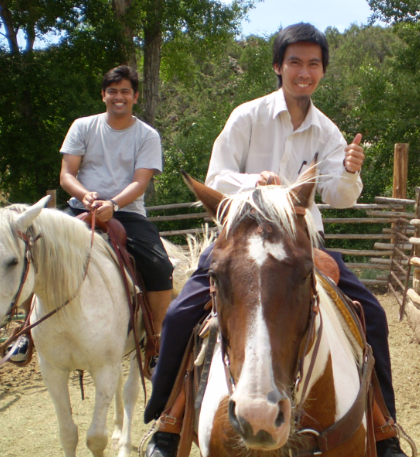
What is your educational background, where do you work now, and what interests you the most about your work?
I am a professor of physics at Universiti Malaya. I am interested in topics about the interactions between photons and matter. My interest is in developing the theory and experiment of using laser pulses to control and store quantum information in materials. As I moved on, I became interested in sharing my philosophy about sustainable co-existence with nature, green initiatives, and understanding the unexplained, including the mind and mechanisms of life.
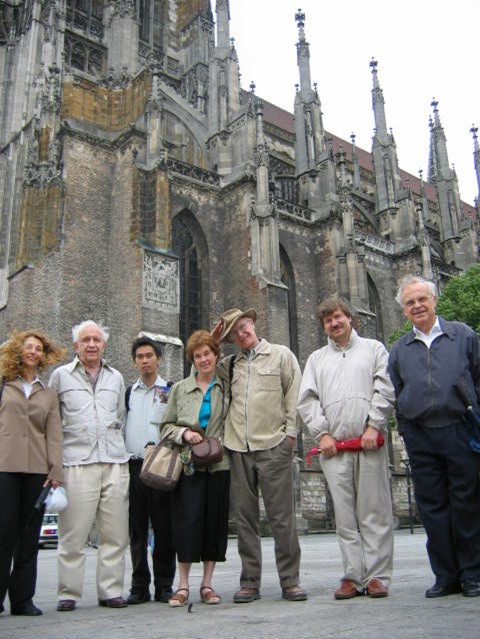
What area of research do you do, and why is it important to society?
I am researching quantum optics and quantum information technology, particularly in developing theories and experiments using laser pulses to control the interactions between photons and atoms or molecules in materials. This fundamental research gives rise to marvellous possibilities, like the teleportation of information, communication that is unconditionally secure against any eavesdropping and computers that can solve currently impossible problems. Quantum communication has already been commercialised and is highly beneficial to security in banking. Having said that, a quantum computer capable of exceeding present-day supercomputers has yet to be demonstrated.
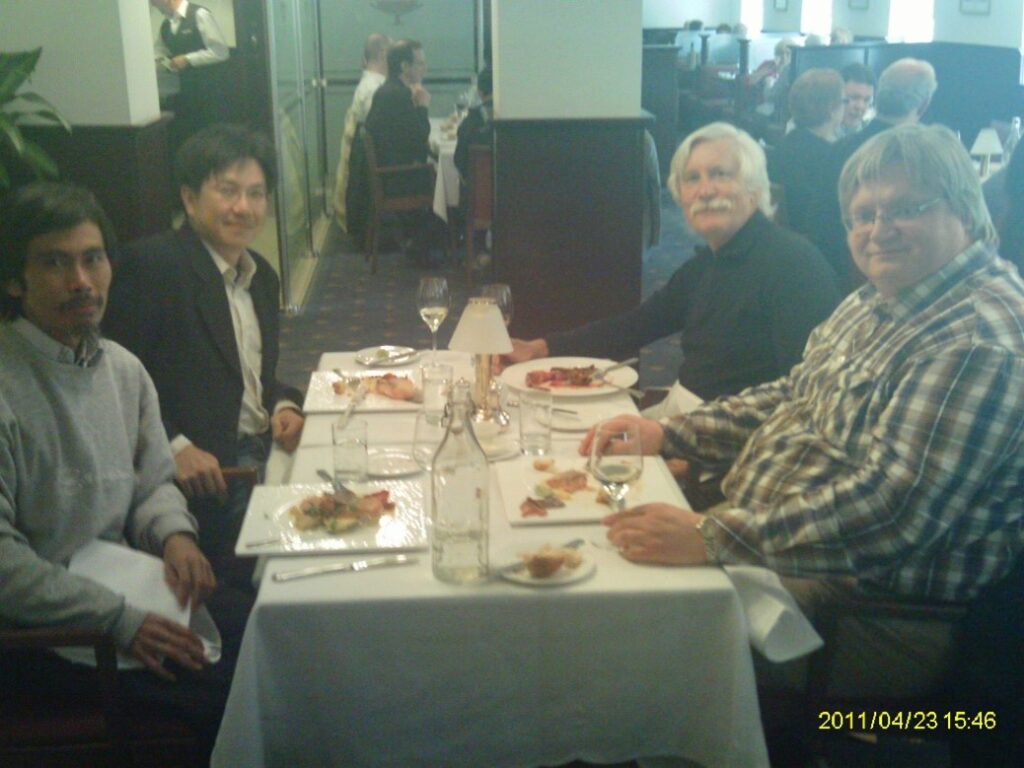
What are some of the biggest challenges you have faced in your research, and how did you address them?
I have an interest in many things, but time is limited. It is a challenge to be disciplined and prioritise certain things I want to achieve.
Getting good students to pursue this field is challenging because nowadays, students tend to pursue materialistic gain success rather than self-interest or knowledge. There are interesting and challenging scientific and technical problems that I am trying to address, which need time, passion, and perseverance. Of course, there are external factors beyond our control, such as an unconducive research environment, inflexible procedures, limited funding, lack of understanding and cooperation from the management and lack of critical mass of expertise in this frontier field of research. As such, I have to be hands-on, work very hard, and build things single-handedly.
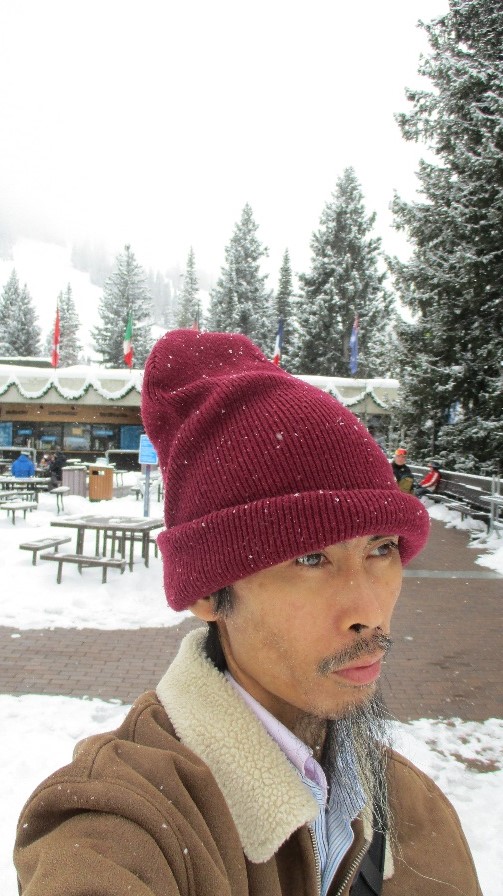
Many think scientists only work in labs, but that’s not always true. What do you think of this perception? Where have you done the research for your work, or where have you worked in the past?
As a theorist, I do not need to confine myself in the lab with a pen and paper or a laptop. Besides the office, I can “daydream” about science anywhere, especially in peaceful places like parks, forests, beaches, and mountains. One can work anywhere that is comfortable. We only need to be physically present in the lab when conducting experiments. We can conduct discussions with researchers and students online or face-to-face.
Can you share any interesting or funny stories while pursuing your research?
During my postdoc years, we organised a Festschrift1 for John Archibald Wheeler, and while preparing the publicity materials, another postdoc student commented, “his head looks like a wheel”.
1 A Festschrift is a collection of writings published in honour of a scholar.
What motivates you every time you feel “down”, and how to come back stronger & more enthusiastic in work? What do you find most rewarding about your job?
I realise that things and events come and go; sometimes, it is up and sometimes down. Observing this, I try not to be held back by any situation- keep going and do what I must.
I think publication is a fair reward. What you write and publish stays with you; your name is always on it.
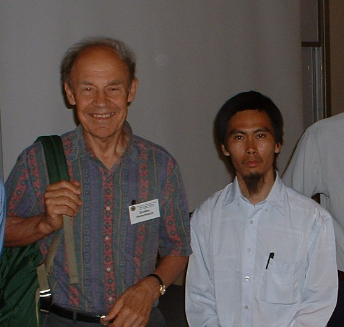
What advice would you give young people interested in pursuing a career in STEM?
Young people need to learn more from the elders and the wise, not just from the internet or social media. They need to spend some time immersing themselves and observing the natural world.
It is important to identify an area in STEM of your passion and not just follow someone else. It is useful to consult experienced people to get more information and opinions. In planning one’s career, try to engage in relevant jobs that provide relevant experience. While it is good to aim high and try to achieve one’s dream, it is also important to be flexible and open-minded.
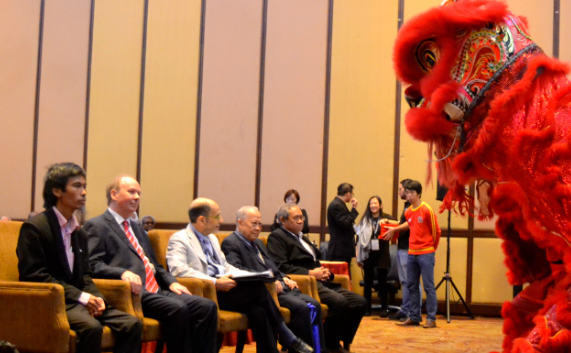
What skills do you think they should develop?
The important basic skills are time management, reasoning, analysis and problem-solving. Personal care is also necessary to maintain good mental and physical well-being and to avoid interruption of daily activities due to health-related problems. They must acquire the skill to sift through online information and double-check everything when in doubt. There are many skills to learn, but it is not necessary to learn all. One has to set priorities and learn only the skills most relevant to one’s needs, goals or direction in life and career. Do some research to find out the recent development and frontier in science and technology. Never jump into an area without sufficient knowledge of what it is about.
What areas will be most exciting to explore in the coming years?
I would say quantum technology is a very exciting field to explore in the coming years, as its capabilities are awesome with the rapid progress made in many countries following high financial investment. Spin-up companies and industries selling quantum products are booming. Artificial intelligence (AI) and machine learning (ML) are also advancing rapidly and are expected to impact various fields significantly. Advancements in deep learning, reinforcement learning, and natural language processing are opening new exciting possibilities to explore. The most exciting might be the integration of AI with quantum technology.

